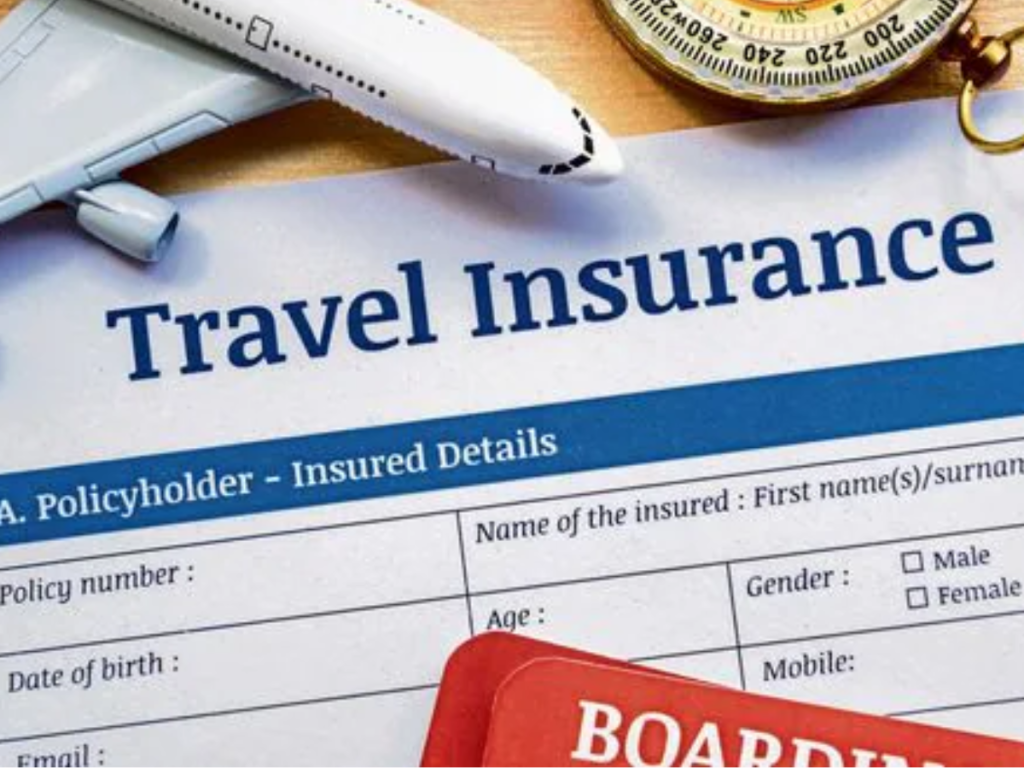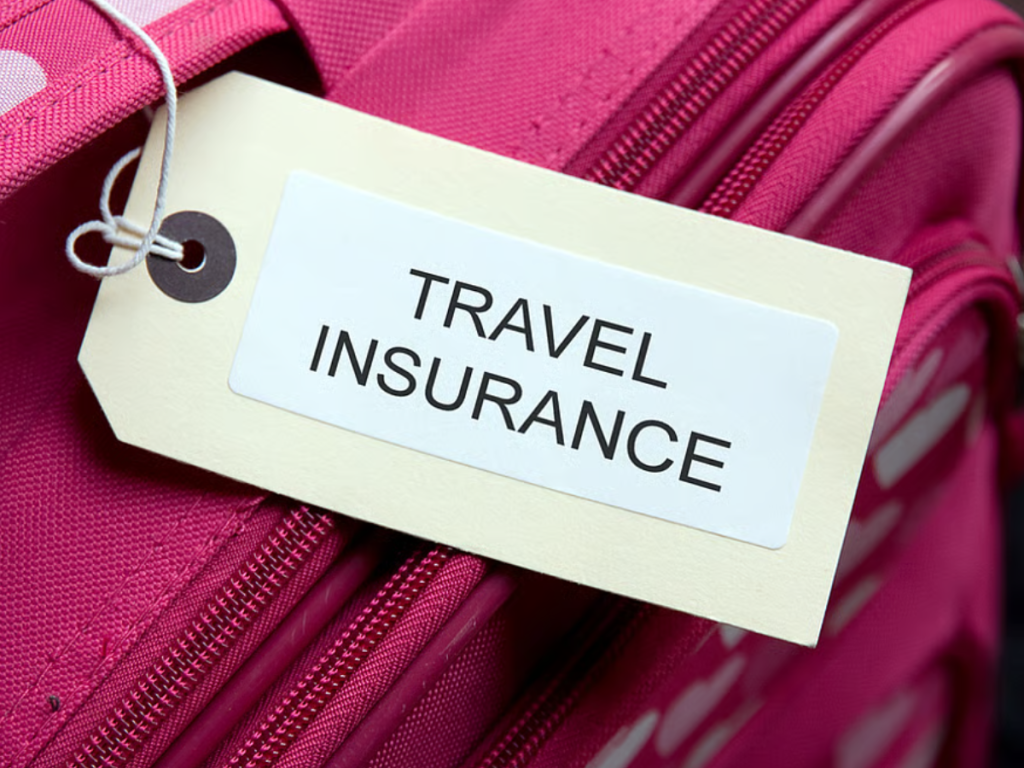Introduction
Traveling is one of life’s most enriching experiences. Whether you’re venturing across borders to explore different cultures, taking a relaxing cruise, or embarking on a spontaneous road trip, the journey holds promises of adventure and unforgettable memories. However, as any seasoned traveler knows, even the best-laid plans can take unexpected turns. Delayed flights, lost luggage, sudden illnesses, political unrest, and even natural disasters are just a few of the many hurdles that can disrupt your travel plans.
While no one likes to think about what could go wrong, being prepared for the unexpected is one of the most responsible steps you can take. That’s where travel insurance steps in — a small investment that can offer significant protection and peace of mind when you’re far from home.
In this comprehensive guide, we’ll explore why travel insurance is not just an optional add-on but a critical component of your travel checklist. We’ll also break down the types of coverage available, the common misconceptions, and how to choose the right plan for your trip.
What Is Travel Insurance?
At its core, travel insurance is a policy that protects travelers against a variety of risks before and during a trip. These policies typically provide coverage for medical emergencies, trip cancellations or interruptions, baggage loss, and more.
Depending on the plan you choose, travel insurance can reimburse you for unexpected costs or provide direct assistance when you’re in need. It serves as a financial safety net and a support system — often 24/7 — that you can rely on during travel emergencies.
The Top Reasons Why Travel Insurance Is Essential
1. Medical Emergencies Abroad
One of the biggest and most expensive risks when traveling is facing a medical emergency in a foreign country. Healthcare systems vary significantly around the world, and treatment abroad can quickly become unaffordable, especially in countries without universal healthcare or in places where you’re considered a non-resident.
Travel insurance typically covers emergency medical expenses, hospital stays, ambulance services, and even emergency evacuation or repatriation if necessary. Some policies also cover dental emergencies and accidental injuries.
Imagine this: you’re hiking in the Alps and twist your ankle badly. Without travel insurance, you might end up paying thousands out-of-pocket for transport, diagnosis, and treatment. With the right policy, those costs are covered.
2. Trip Cancellations and Interruptions
Life is unpredictable — illness, job loss, or even a global pandemic can force you to cancel a trip at the last minute. Travel insurance helps you recover the non-refundable costs associated with your trip, such as flight tickets, hotel bookings, and tour packages.
Additionally, if your trip gets interrupted due to unforeseen events like a family emergency or natural disaster, travel insurance can help cover the cost of returning home or continuing the trip under new arrangements.
3. Lost, Stolen, or Delayed Baggage
Lost luggage is a common inconvenience that can turn a pleasant trip into a frustrating ordeal. Travel insurance can provide compensation for lost, stolen, or delayed baggage and personal items.
Many policies reimburse you for essentials like clothing and toiletries while you wait for your bags to be found. Some even cover the cost of replacing vital travel documents like passports or visas.
4. Travel Delays and Missed Connections
Flights can get delayed or canceled for any number of reasons — bad weather, technical issues, or labor strikes. If you miss a connecting flight because of a delay, travel insurance can help cover accommodation, meals, and rebooking fees.
This benefit can be especially valuable on multi-leg journeys where a single disruption can cause a domino effect of missed connections.
5. Personal Liability
Accidents happen — and sometimes, you’re the one who unintentionally causes damage or injury. Some comprehensive travel insurance policies include personal liability coverage, which protects you if you’re held responsible for causing harm to a person or property during your trip.
This can be crucial in countries where legal systems and compensation laws differ from your home country, and lawsuits can be financially devastating.
6. Natural Disasters and Political Unrest
From hurricanes to earthquakes, the natural world can disrupt your travel plans in powerful ways. Likewise, sudden political unrest or civil disturbances can make a destination unsafe overnight.
Travel insurance may cover trip cancellations, evacuations, and other costs associated with such disruptions, helping you avoid getting stranded or incurring heavy losses.
7. Peace of Mind
Ultimately, the greatest value of travel insurance is peace of mind. When you know you’re protected, you can relax and enjoy your trip more fully. You’re not constantly worrying about “what ifs,” and if something does go wrong, you have a trusted partner to help you through it.
Types of Travel Insurance Coverage
Different travel insurance policies cater to different needs. Understanding the types of coverage available can help you make an informed decision:
- Single Trip Insurance: Ideal for one-time travelers, covering one trip from departure to return.
- Annual/Multi-Trip Insurance: Best for frequent travelers, covering multiple trips over the course of a year.
- Medical-Only Plans: Focused solely on emergency medical coverage, often used by budget travelers or those who already have cancellation protection elsewhere.
- Comprehensive Plans: The most inclusive, covering medical emergencies, trip cancellations, baggage issues, and more.
Common Misconceptions About Travel Insurance
Despite its many benefits, travel insurance is often misunderstood. Let’s clear up some common myths:
- “I’m healthy; I don’t need it.” While good health is a plus, you can’t predict accidents, injuries, or illnesses while traveling. Even a minor issue in a remote location could require costly treatment.
- “My credit card covers everything.” Some credit cards offer limited travel benefits, but they often don’t provide full coverage. Always read the fine print and understand what is and isn’t covered.
- “It’s too expensive.” Travel insurance typically costs between 4% and 10% of your trip’s total cost. Given the potential expenses you could face without it, the value far outweighs the price.
- “It’s only for international travel.” Domestic trips can also benefit from travel insurance, especially for expensive non-refundable bookings or if you’re traveling to areas prone to weather-related disruptions.
How to Choose the Right Travel Insurance
Picking the right travel insurance depends on various factors, including the destination, trip length, planned activities, and your personal health. Here’s what to look for:
- Coverage limits: Ensure the policy provides enough medical and evacuation coverage.
- Destination-specific clauses: Some policies exclude high-risk countries or regions.
- Activity coverage: If you’re planning adventure sports, make sure they’re included.
- Pre-existing conditions: Look for a policy that includes coverage for pre-existing medical conditions if applicable.
- 24/7 assistance: Choose a provider with round-the-clock support for emergencies.
- Reputation: Go with a company known for customer service and fair claims processing.
Comparing different plans and reading reviews can also help you find a policy that’s both affordable and comprehensive.
Real-Life Scenarios Where Travel Insurance Helped
Here are a few real-life inspired scenarios that illustrate just how helpful travel insurance can be:
- Emergency Evacuation from the Himalayas: A traveler suffering from altitude sickness was airlifted to a hospital in Kathmandu. The cost? Over $10,000 — fully covered by their insurance.
- Flight Canceled Due to Hurricane: A family vacation to the Caribbean was canceled days before departure. Their non-refundable expenses were reimbursed.
- Lost Passport in Spain: A backpacker lost their passport and wallet. Insurance covered emergency passport issuance, temporary accommodation, and replacement of some lost items.
Travel Insurance in a Post-Pandemic World
The COVID-19 pandemic transformed travel overnight. Now more than ever, travelers understand the importance of being prepared for anything. Modern travel insurance policies increasingly include coverage for pandemic-related issues such as trip cancellations due to illness or mandatory quarantine.
As global travel resumes, many destinations require proof of insurance for entry. This has made travel insurance not just a recommendation but a requirement in many cases.
Final Thoughts: Is Travel Insurance Worth It?
The short answer is yes. Travel insurance isn’t just about protecting your money; it’s about safeguarding your health, well-being, and sanity. It transforms uncertainty into confidence and equips you to deal with unexpected hurdles with resilience and support.
A relatively small upfront cost could save you thousands down the road — financially, emotionally, and logistically. So before you pack your bags and hit the road, make sure travel insurance is on your checklist. It’s one of the smartest travel decisions you can make.

